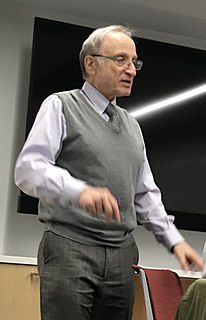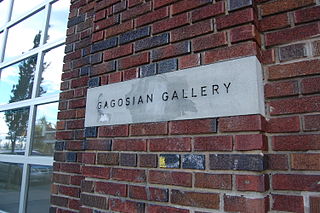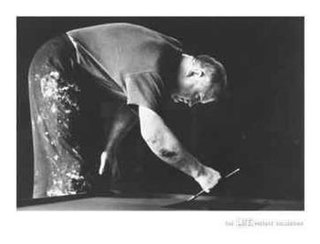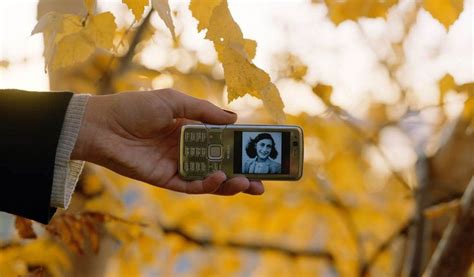A Quote by Jenova Chen
I still hope that more people can create art, even though artistic genres may never be the most popular or money-making genres. But the thing is, I think art is more long-lasting. It stays in people, and it changes them.
Related Quotes
Popular success is a wonderful gift if it happens, but like money, it's not the motivation. The effort to create a work of art that is true and potentially lasting, that is the very best work of art you can create at that point in your life - a book that may only reach or move a few people but will seem to people somehow transformative. That's the ideal; that's always the motivation.
And I do think that good art - the art that tends to last - is that art that hits human beings on several different levels at once because everybody's different. Some people approach art through their emotions, others through their head, and the art that can appeal to all of those levels is more likely to reach more people. Having more people see the work doesn't necessarily mean better art but it stands a better chance of lasting.
The internet has extended the possibility of making art to more people, and particularly of enabling it to be seen by others. I am sure the internet is having a profound impact on art, particularly those who have grown up with it, but making good art will remain as difficult (and as easy) as it ever was. Having a lasting impact may become more not less difficult.
This has always been my problem with genres is that they've turned into marketing tools. I've never been a person that allows themselves to be in any kind of box and I think that genres can be used as tools to define BPM or something but I think they're suffocating of music and other art. And I think they're inaccurate when they come to describing my work. Maybe other people like defining it, but I don't.
I'm now much more excited about genre distinctions. What I still see breaking down are more the hierarchical arrangements of genres. That is, "There is literary fiction, and then there are lesser genres." I'm much more clear on the idea that literary fiction is itself a genre. It is not above other genres. It is down there in the muck with all the other genres, and it's doing the wonderful things that it does, but to give it a Y-axis, to make it high and low, just seems absurd. I stand by that.
The effort to create a work of art that is true and potentially lasting, that is the very best work of art you can create at that point in your life - a book that may only reach or move a few people but will seem to those people somehow transformative. That's the ideal; that's always the motivation.
The one object of fifty years of abstract art is to present art-as-art and as nothing else, to make it into the one thing it is only, separating and defining it more and more, making it purer and emptier, more absolute and more exclusive - non-objective, non-representational, non-figurative, non-imagist, non-expressionist, non-subjective. the only and one way to say what abstract art or art-as-art is, is to say what it is not.
What I want to try to prove is that artistic games, when done properly, can still be a commercial success. By doing that, I will be able to essentially shift the industry and create more opportunity for people to create artistic games. In a way, making money is important for us right now. Not because we need it, but because the industry needs it.
I never want to be told, "Hey, this is what you do best, and this is the only thing you're going to do." And there are other people that are put into that box. Or unable to navigate through all the different genres. Some people insist on being a tough guy even though it's not happening. People only want to see them in leading romantic roles. Yet they continue to try and force something that doesn't feel organic to people.
I've found that photographs from different genres can be extraordinarily generous with each other. I started out photographing myself in a landscape, moved on to landscapes with and without other people, and then onto buildings, still lives, portraits, and body parts in rooms. If certain aspects of my production are getting more attention right now I think it is directly linked to a general absence of dreamed bodies in contemporary art. Viewers who mainly follow fashion have most likely not noticed this lack.






































